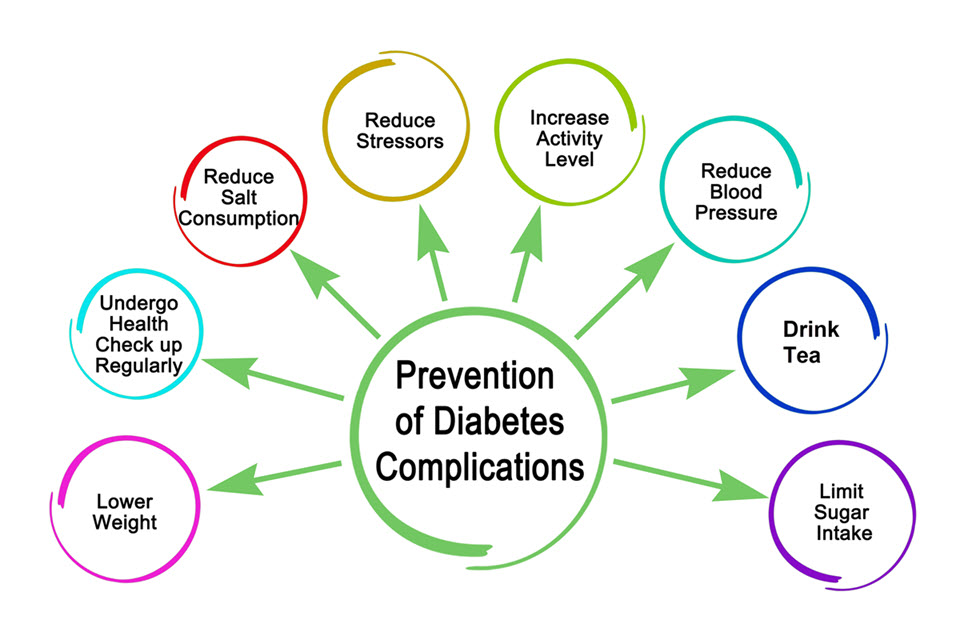Episode 137
| A Daily Cup of Dark Tea Reduces the Risk of Diabetes: Researchers Demonstrate How Tea Helps Control Blood Sugar Levels
| Mintel Consulting: Consumers Feel Culpable for Climate Change
| Kagoshima Benefits from Diverse Tea Exports
PLUS | “We started the UC Davis Global Tea Institute Professional Tea Program at the request of the tea industry,” says GTI Founder and Director Prof. Katharine Burnett. Leaders in their fields from Finlay Beverage, Starbucks, Peet’s, ITI, Empire Tea, Mother Parkers, Ito En, and Hamburg Teehandel present the 15 two-hour weekly sessions across a wide spectrum of topics, from history and culture to science, business, and health. The program is aimed at industry members seeking to deepen their foundational knowledge of tea.
Tea News for the week ending Oct 6
Powered by RedCircle

Researchers Demonstrate How Tea Helps Control Blood Sugar Levels
By Dan Bolton
Drinking dark tea, a fermented favorite in China, significantly decreases the risk of prediabetes and type 2 diabetes regardless of weight, age, gender, high blood pressure, and family history.
Researchers from the University of Adelaide in Australia and Southeast University in China found that compared to never-tea drinkers, those consuming dark tea daily had a 53% lower risk for prediabetes and 47% reduced risk for type 2 diabetes.
The paper, presented this week at the Annual Meeting of the European Association for the Study of Diabetes (EASD), said tea lowers the risk of diabetes with a long list of known risk factors, including fasting glucose levels, drinking alcohol, smoking, high cholesterol levels, and regular exercise.
Associate Professor Tongzhi Wu from the University of Adelaide said, “The substantial health benefits of tea, including a reduced risk of cardiovascular disease and type 2 diabetes, have been reported in several studies over recent years, but the mechanisms underlying these benefits have been unclear.”
“Our findings hint at the protective effects of habitual tea drinking on blood sugar management via increased glucose excretion in urine, improved insulin resistance, and thus better control of blood sugar. These benefits were most pronounced among daily dark tea drinkers,” he writes.
A release summarizing the research explains that people with diabetes often have enhanced capacity for renal glucose reabsorption, so their kidneys retrieve more glucose, preventing it from being excreted in urine and contributing to higher blood sugar.
“These beneficial effects on metabolic control may lie in the unique way dark tea is produced, which involves microbial fermentation, a process that may yield unique bioactive compounds (including alkaloids, free amino acids, polyphenols, polysaccharides, and their derivatives)
These compounds exhibit potent antioxidant and anti-inflammatory effects, improve insulin sensitivity and the performance of beta cells in the pancreas, and change the composition of the bacteria in the gut.”
The study included 1,923 adults (562 men and 1,361 women aged 20-80 years) living in eight provinces in China. Participants indicated the frequency and type of tea consumed. Blood and urine tests measuring glucose excretion and related favorable effects were most robust for dark tea drinkers.
According to Associate Professor Wu: “These findings suggest that the actions of bioactive compounds in dark tea may directly or indirectly modulate glucose excretion in the kidneys, an effect, to some extent, mimicking that of sodium-glucose co-transporter-2 (SGLT2) inhibitors.
This new anti-diabetic drug class is not only effective at preventing and treating type 2 diabetes but also has a substantial protective effect on the heart and kidneys.”
The authors said drinking dark tea is a good blood sugar management tool, but you should consider your overall diet, too.

Episodes 1-49
Episodes 50-96
Episodes 97-137


